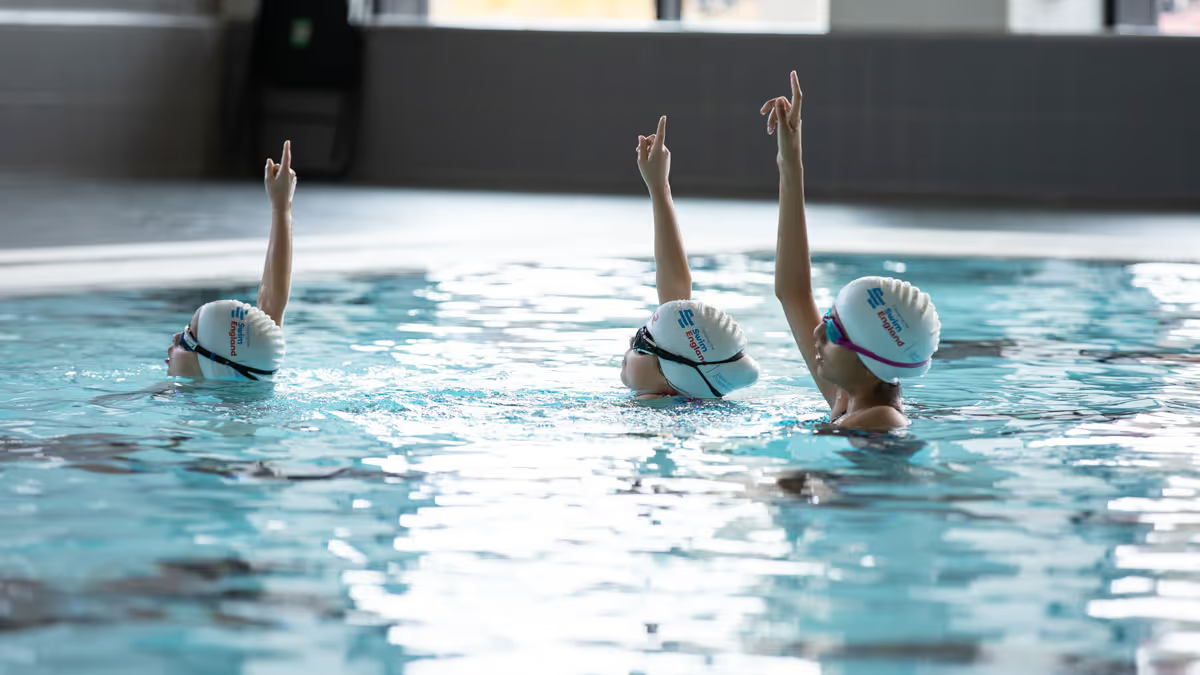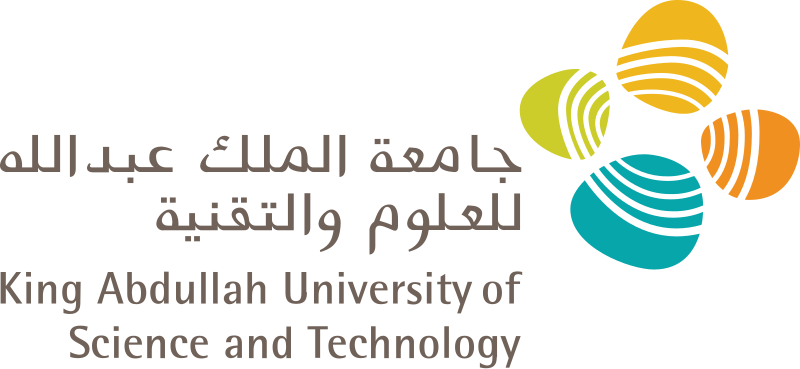
Registration Opens for SAF 2025: International STEAM Azerbaijan Festival Welcomes Global Youth
The International STEAM Azerbaijan Festival (SAF) has officially opened registration for its 2025 edition!

Athens — Greece is introducing new initiatives in primary education aimed at equipping students with practical life skills alongside academic learning. The Ministry of Education has announced measures that include compulsory swimming and life-saving lessons as well as the expansion of school farming programs.
From this year, all third- and fourth-grade pupils will attend ten two-hour swimming sessions annually. The lessons will be held in small groups at municipal swimming pools, with transportation provided free of charge to students.
A key feature of the new curriculum is the integration of "swimming and lifeguarding," which will go beyond basic swimming techniques. According to sources from the Ministry, the new lessons will include theoretical information, rescue demonstrations, and basic self-protection and first aid skills.
The new policy also outlines specific conditions for the swimming lessons to ensure student safety:
At the same time, more than 4,000 schools will cultivate vegetable gardens. The aim is to provide hands-on experience in agriculture while fostering environmental awareness and responsibility among students.
Officials describe the measures as a first step in shifting education toward everyday skills. Similar practices in East Asia, where pupils clean classrooms, help prepare meals, and manage “edible schoolyards”, are cited as models. While cultural and logistical challenges may limit wider adoption in Greece, supporters believe the new programs will strengthen responsibility, teamwork, and self-sufficiency in young learners.
Source: ekathimerini.com
Share

Registration Opens for SAF 2025: International STEAM Azerbaijan Festival Welcomes Global Youth
The International STEAM Azerbaijan Festival (SAF) has officially opened registration for its 2025 edition!

Join the Edu-live Internship Program!
Are you passionate about journalism, education, science, as well as global study and development opportunities? Do you want to be part of a dynamic media platform that brings educational and scientific news and stories to life from around the world?

Young Leaders Union Conference 2025 in Paris (Fully Funded)
Join Global Changemakers in Paris! Fully Funded International Conference for Students, Professionals, and Social Leaders from All Nationalities and Fields

An mRNA cancer vaccine may offer long-term protection
A small clinical trial suggests the treatment could help keep pancreatic cancer from returning

Yer yürəsinin daxili nüvəsində struktur dəyişiklikləri aşkar edilib
bu nəzəriyyənin doğru olmadığı məlum olub. Seismik dalğalar vasitəsilə aparılan tədqiqatda daxili nüvənin səthindəki dəyişikliklərə dair qeyri-adi məlumatlar əldə edilib.

Applying to KAUST - Your Complete Guide for Masters & Ph.D. Programs (Upcoming Admissions)
Admissions Overview & Key Requirements